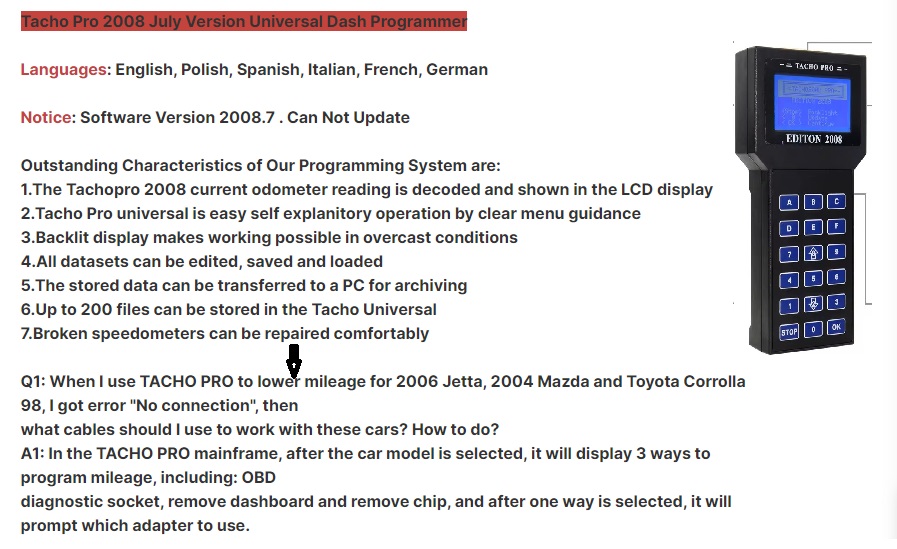Let’s dive into the world of car buying and explore some common scams that consumers should be aware of. Whether you’re purchasing a brand-new car or a used one, vigilance is key. Here are some red flags to watch out for:
- Too Good to Be True Pricing:
- Scam Indicator: The price seems significantly below market value.
- Why It’s a Scam: Scammers often lure buyers with unrealistically low prices to create urgency and excitement. Always research typical market prices for the specific make and model you’re interested in.
- Overly Personal Reasons for Selling:
- Scam Indicator: The seller cites an overly personal reason for needing to get rid of the vehicle.
- Why It’s a Scam: Emotional appeals can distract buyers from asking critical questions. Be cautious if the seller’s story seems too dramatic or personal.
- Requests for Specific Unfamiliar Vehicle Reports:
- Scam Indicator: The buyer insists on a specific vehicle report that you haven’t already pulled.
- Why It’s a Scam: Scammers might ask for a report from a lesser-known service to deceive buyers. Stick to reputable sources for vehicle history reports.
- Refusal to Allow In-Person Inspection:
- Scam Indicator: The seller won’t let you see the vehicle in person and insists on vehicle delivery.
- Why It’s a Scam: Not being able to inspect the car firsthand is a major red flag. Always insist on seeing the vehicle and having a mechanic check it out.
- Third-Party Payment Requests:
- Scam Indicator: The seller asks you to send money to a third party they recommend.
- Why It’s a Scam: Scammers often use third-party intermediaries to make transactions seem legitimate. Always be cautious when money is diverted away from the standard process.
Additionally, here are a few more points related to new car buying scams:
- Odometer Fraud: Scammers manipulate odometer readings to make a car appear less used than it actually is. Always verify the mileage history. It’s highly unlikely that a 1999 Toyota has only been driven 20k miles. There’s several tools out there that are able to modify the odometer reading. See below:
- Title Washing: Some sellers conceal a car’s salvage history by transferring it through multiple states with lax title regulations. Check the title history carefully.
- VIN Alteration: Scammers alter the Vehicle Identification Number (VIN) to hide a car’s true history. Confirm that the VIN on the dashboard matches the title documents and plates.

